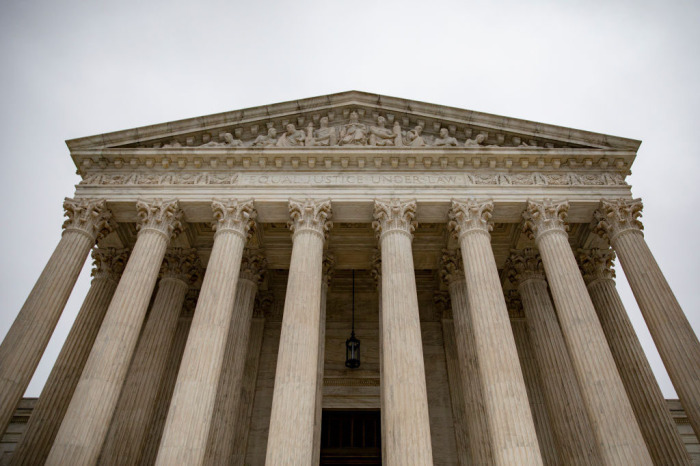Supreme Court to weigh Christian company’s challenge of Obamacare preventive care mandate

The U.S. Supreme Court has agreed to consider reinstating some of the Affordable Care Act's no-cost coverage requirements for preventive care services after an appeals court sided with a Christian business that argued that some requirements would force it to violate religious convictions.
In an orders list Friday, the Supreme Court announced that it would hear the case of Becerra v. Braidwood MGMT., Inc., et al., meaning it will examine the constitutionality of several preventive care coverage requirements under the Affordable Care Act that a lower court had overturned.
Under the ACA, which passed in 2010, most private insurance plans must cover recommended preventive care services at no cost to the customer. Braidwood Management, a Christian-owned business that self-insurs over 70 employees, and six individuals in Texas challenged the law.
The company argued that requirements to cover preexposure prophylaxis and medication for HIV prevention violated their religious beliefs.
The plaintiffs claimed in court filings that such drugs "encourage and facilitate homosexual behavior." They also objected to mandated coverage of contraceptives that they said might "induce abortions."
Federal officials appealed the case after the 5th U.S. Circuit Court of Appeals ruled in favor of the plaintiffs in June. A Texas district court had earlier sided with the plaintiffs.
The district court declared that all mandates authorized since 2010 by the U.S. Preventive Services Task Force were unconstitutional. The court found that task force members, who set the coverage rules, were not nominated by the president and approved by the Senate, which the judge concluded violated the appointments clause.
The 5th Circuit narrowed the decision, saying its action did not universally block every mandate. The appellate panel only shielded the specific business and individuals who brought the suit from having to follow the affected coverage requirements, leaving those regulations in place elsewhere.
"With respect to one of the challenged administrative bodies, the United States Preventive Services Task Force, we agree that the unreviewable power it wields — the power to issue preventive-care recommendations that insurers must cover by law — renders its members principal officers of the United States who have not been validly appointed under Article II of the United States Constitution," Circuit Judge Don Willett wrote in the 5th Circuit panel's majority opinion.
"And because Xavier Becerra, in his capacity as the Secretary of the Department of Health and Human Services, has not validly cured the Task Force's constitutional problems, the district court properly enjoined the defendants from enforcing the preventive-care mandates to the extent they came at the recommendation of the Task Force."
Following the ruling, the U.S. Department of Health and Human Services appealed.
"Such a remedy would upend healthcare coverage for millions of Americans," Solicitor General Elizabeth B. Prelogar wrote in a filing submitted to the Supreme Court.
The plaintiffs and the government both asked the Supreme Court to resolve the matter, noting concerns that similar lawsuits could open the door to a broader ruling with implications for Americans everywhere.
The case marks the latest challenge to the Affordable Care Act after several previous legal disputes, including a landmark Supreme Court ruling in 2012 that upheld the statute's overall framework.
Since its enactment in 2010, the Affordable Care Act has faced over 2,000 legal challenges in state and federal courts, according to the Kasier Family Foundation.
It is unclear how the case might play out under the new administration after President-elect Donald Trump takes office.





























